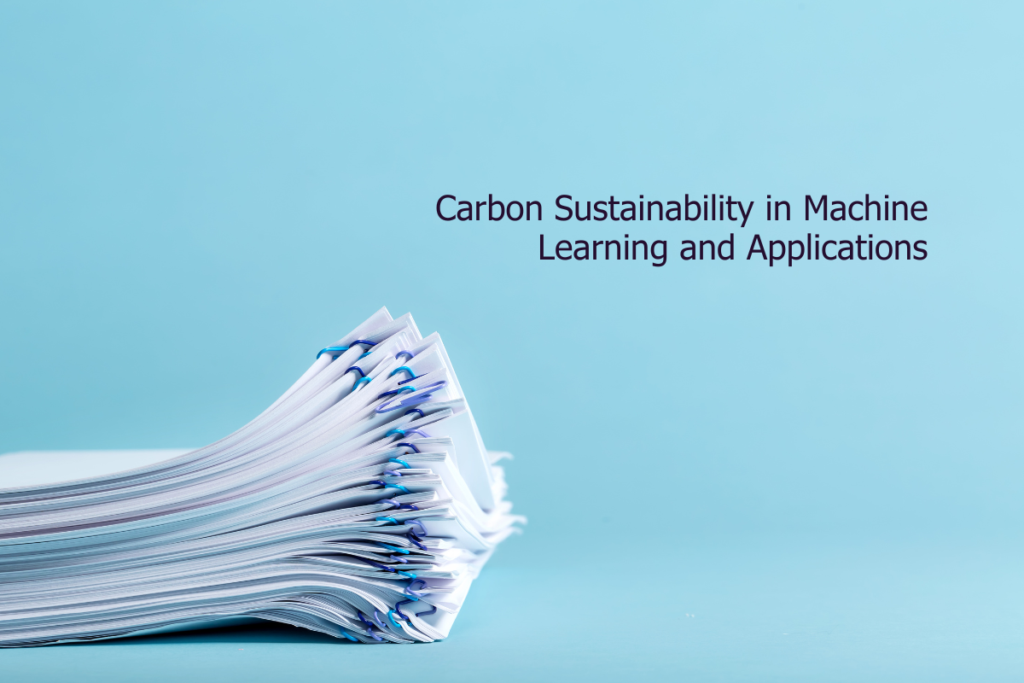Carbon Emissions and Large Neural Network Training

Scope In (Patterson et al, 2021) focuses on the environmental impact of large-scale neural network training, especially in terms of energy consumption and carbon emissions. With the exponential growth of computational demands in training AI models, particularly neural networks, the energy required has increased dramatically. As AI/ML systems evolve, the environmental footprint associated with them […]
Energy and Policy Considerations for Deep Learning in NLP

Scope In (Strubell et al, 2020) authors effectively raise awareness of the environmental impact of training large NLP models, providing quantitative analysis of the costs and carbon emissions. With the inclusion of more detailed policy proposals, specific energy-efficient techniques, and interdisciplinary collaboration, the paper could serve as a comprehensive guide for reducing the environmental footprint […]
Video Encoding Energy and CO2 Emission Prediction (VEEP)

Scope The paper introduces VEEP, an architecture designed to predict energy consumption and CO2 emissions in cloud-based video encoding. VEEP combines video analysis with machine learning to accurately estimate CPU energy usage and CO2 emissions during the encoding process. Trained on a comprehensive dataset and encoding results from AWS EC2 instances, VEEP achieves high accuracy, […]
Modelling Video Playback Power Consumption on Mobile Devices

Scope The paper explores the escalating power consumption issue of high-quality video streaming on mobile devices, propelled by hardware and streaming technology advancements. It identifies gaps in existing studies’ ability to accurately capture recent technologies, motivating the development of a novel method to model mobile video playback power consumption. Through controlled experiments, the paper analyses […]
How to Make Less Power Hungry – An Objective Benchmark Study

Scope This paper focuses on energy-aware image computation, addressing the pressing need to reduce energy consumption associated with digital displays, especially considering the significant environmental impact of digital technologies. The authors propose a taxonomy of methods to modify image content to achieve this goal, considering factors like fidelity to the original content and energy consumption […]
Framework for Automated Energy Measurement of Video Streaming Devices

Scope The paper focuses on the energy consumption of video streaming devices and proposes a framework for automating energy measurements within video streaming setups. It highlights the omnipresence of streaming devices in modern life and their significant energy usage, necessitating a closer examination of energy consumption patterns. The framework categorises attributes influencing energy usage, such […]
Energy Cost of Coding Omnidirectional Videos Using Arm and X86 Platforms

Scope The paper’s scope extends beyond theoretical analysis to practical implications for real-world applications, aiming to contribute to the development of optimal solutions for energy-efficient, real-time ODV transmission via UAVs. Summary The paper presents a comprehensive analysis of energy consumption and coding efficiency in real-time omnidirectional video (ODV) transmission via Unmanned Aerial Vehicles (UAVs). It […]
